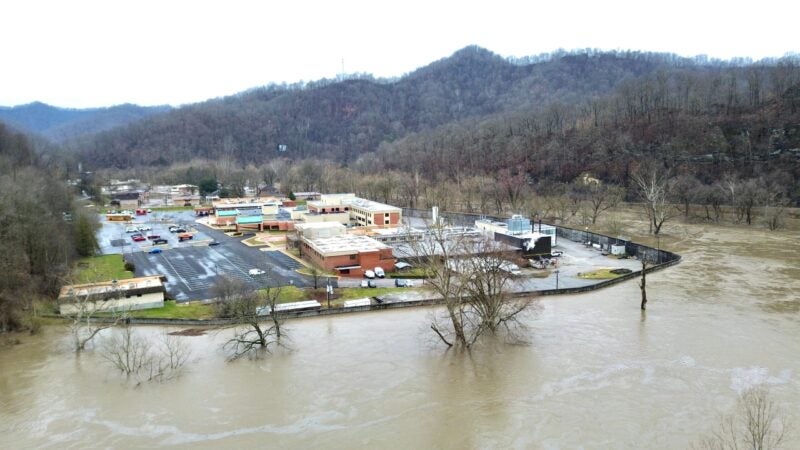
Marshall University Appalachian Resiliency Center

Marshall University Appalachian Resiliency Center
At Marshall University’s Resiliency Center, we are dedicated to helping communities across Appalachia overcome challenges and thrive. Our vision is to empower the region to rebound swiftly from economic and environmental hardships, emerging stronger and more resilient than ever. Our mission is to collaborate with local, state, and national partners to create resilient solutions for both anticipated and unforeseen challenges.
By leveraging resources and expertise, we help central Appalachia build a better, more sustainable future.

What We Do
Our work centers around economic and community development, focusing on:
- Disaster Mitigation and Recovery Planning: Strengthening community resilience with proactive disaster planning, policy improvements, and decision-making tools for both new and aging infrastructure.
- Sharing the Benefits of Sustainability with Faculty, Staff, Students, and the Community: Demonstrating a commitment to reducing energy and resource consumption and developing sustainable initiatives like on-campus recycling and composting.
- Transportation and Infrastructure Enhancement: Using cutting-edge technology to manage assets, evaluate conditions, and improve traffic safety.
Key Priorites
- Identifying threats to community resilience
- Developing and testing solutions to these threats
- Providing applied student experiences to address real-world challenges
- Enhancing community assets and infrastructure
- Boosting economic activity across the region

Who We Are
Learn more about our partners and supporters.
Applied Research
A statewide program designed to return brownfield properties to productive use.
- Outreach and education to local, county, regional and State governing agencies, the private sector, and nonprofit organizations on brownfields redevelopment
- Identify brownfield properties with highest redevelopment potential and conduct site research and related assistance toward site redevelopment
- Assist in identifying and applying for funding to assess, remediate, and redevelop brownfield properties
A suite of interrelated research projects designed to improve local community and regional resiliency.
- Evaluating temporary flood barrier systems for critical infrastructure protection
- Identification and inventory of flood-prone culverts and low water bridges
- Identifying strategic locations for future Economic Development outside flood-prone areas
- Improving floodplain prediction and impacts
- Establishing relationships with State and Federal stakeholders to increase flood preparedness, resiliency, and recovery
A mapping and evaluation project to gauge geothermal energy production and carbon capture, utilization, and storage (CCUS) potential in Central Appalachia.
- Identify and map potential sites within the region for subsurface geothermal exploitation through CO2 storage and energy extraction
- Evaluating existing technologies and economic impacts associated with implementation

